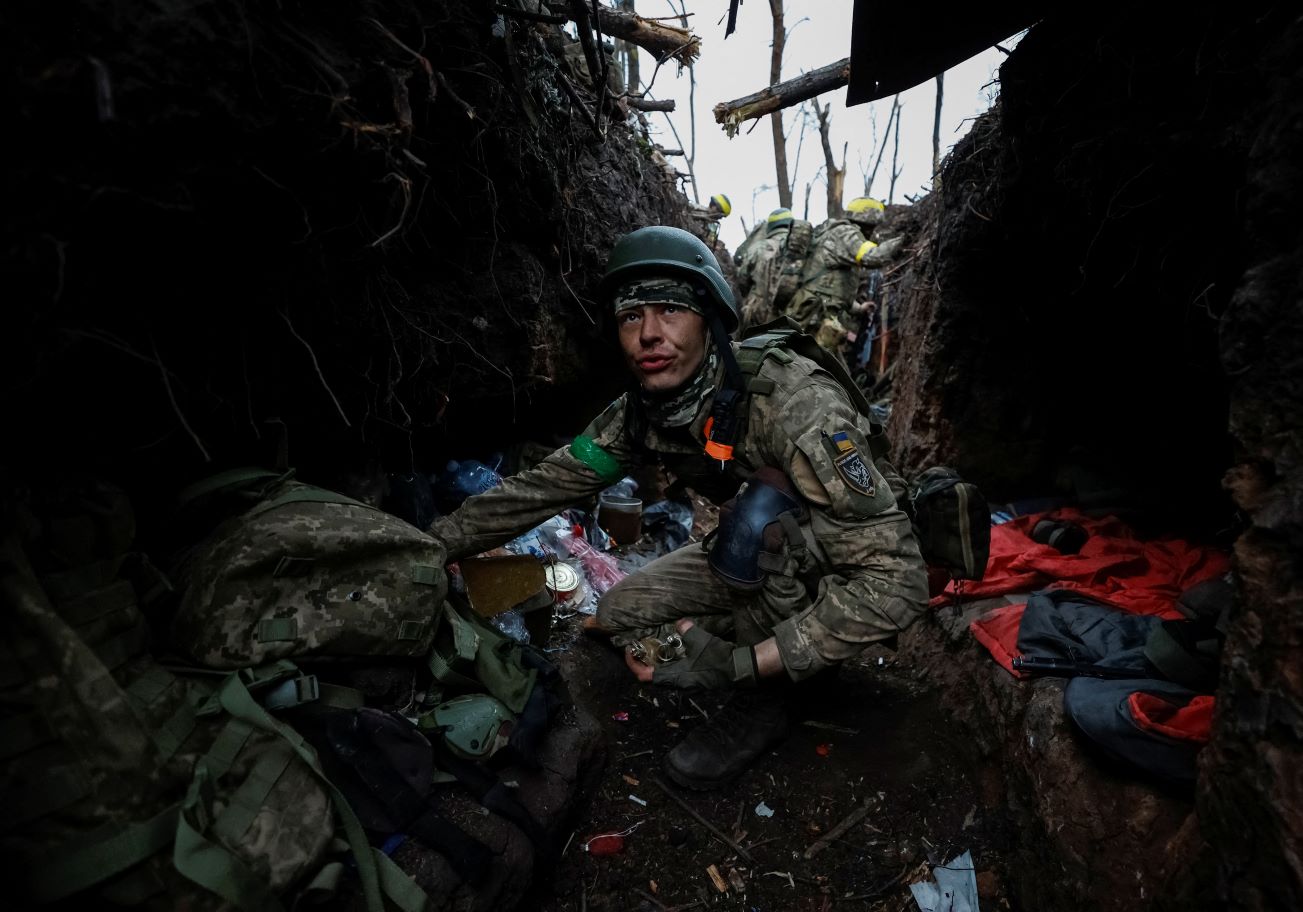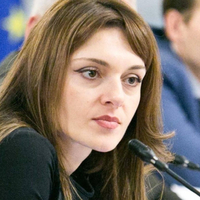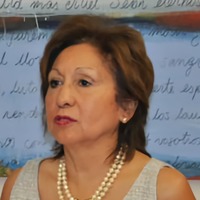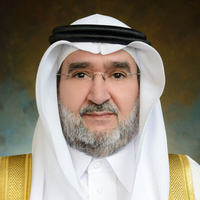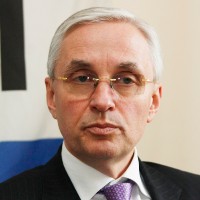Prospects for a Lasting Peace Remain Dim
Wars end either with one side decisively defeating the other, or both sides, realizing that total victory is unattainable, agreeing to a compromise peace. In the Russia-Ukraine war, neither scenario is imminent as both sides prepare fresh offensives and counteroffensives in 2024.
Evidently, President Vladimir Putin still wishes to control all of Ukraine, not just occupy parts of its territory. The good news for Kyiv is that despite the $60 billion in U.S. funding held hostage in Congress, Brussels has provided a timely lifeline with a $54 billion multi-year deal. For the European Union, however, its funding may face turbulence should Donald Trump return to the White House later this year because he will likely press them to provide more aid to Ukraine. The West faces strong pressure from supporters of Ukraine to unlock the sizable Russian foreign reserves immobilized in Western banks to pay for Ukrainian defense and reconstruction.
While President Joe Biden continues to support aid to Ukraine, how long this remains U.S. policy is uncertain. More critical theaters, including the war between Israel and Hamas and U.S.-China tensions, are of high priority as well, and will draw military assets away from Ukraine. This is a major factor behind Putin’s recent desire to go on the offensive to secure more territory to better leverage his bargaining position later.
A halt to the fighting is possible, but prospects for a lasting peace remain dim.
Containing the conflict will require a change in mindsets. It will also entail Ukraine sacrificing some of its territory, not to cede to Russia, but to form part of a demilitarized zone. The other part of the demilitarized zone should comprise adjacent land set aside by Russia. This zone could be patrolled by UN peacekeepers, with Russian and Ukrainian police stationed on their respective sides to assist peacekeepers maintain law and order.
Preserving Ukraine as a viable, independent, and neutral state will require security arrangements agreed on between the interested parties. Kyiv could pledge, for example, not to join NATO or to station foreign troops on its soil. Ukraine would in effect, assume a status akin to Austria, which is bound to neutrality by the 1955 Austrian State Treaty and its constitution. In return, as a special case, NATO could consider stationing significant assets in nearby member states that could be accessed should hostilities resume.
The incentive for Russia in this deal, for a start, would be an end to sanctions and unfreezing its assets in Western financial centers and a return of foreign investments into Moscow. China’s presence as one of the peace-brokers would not only reassure Russia, but Beijing could also provide substantial financial and material aid for the reconstruction of Ukraine’s war-torn territories and infrastructure.

